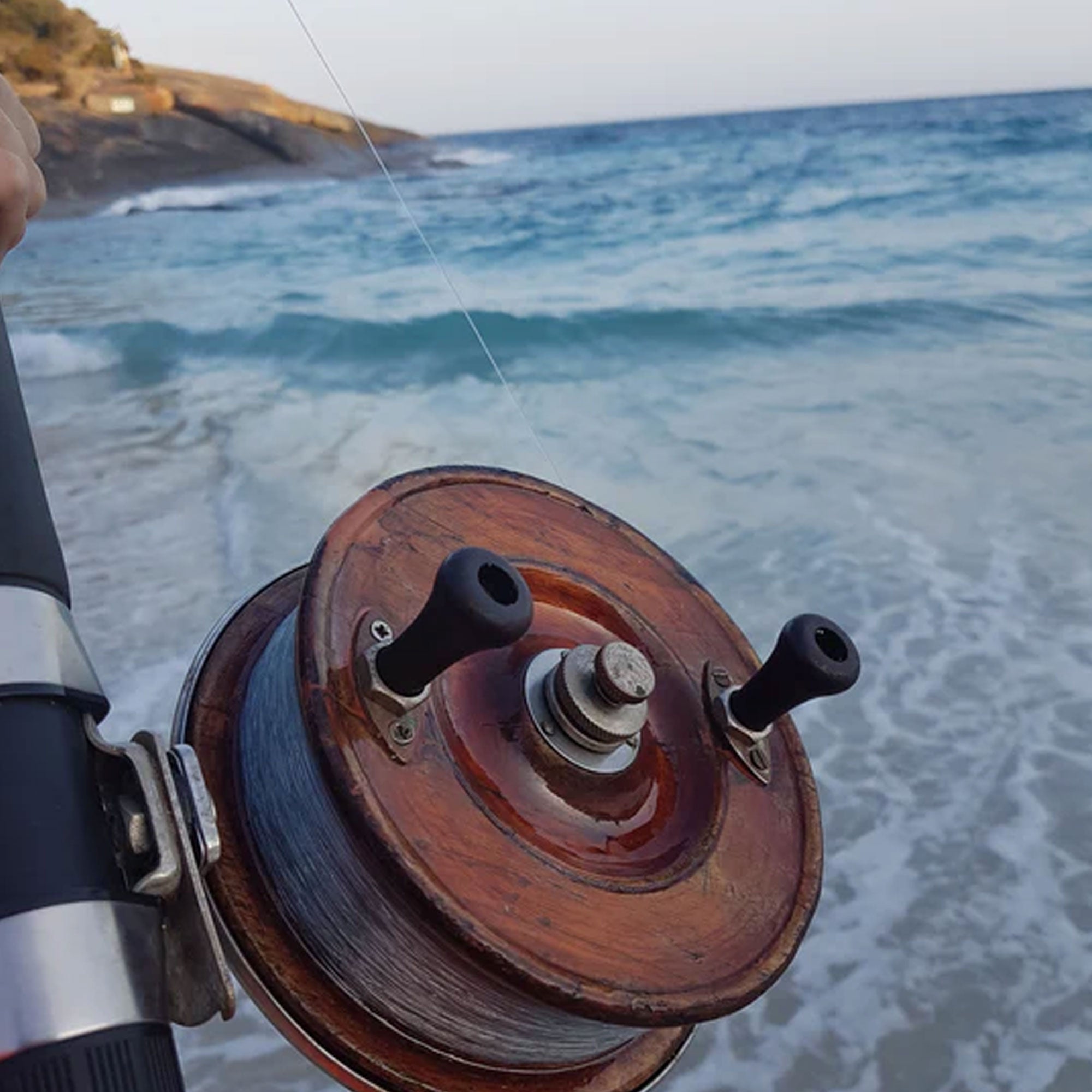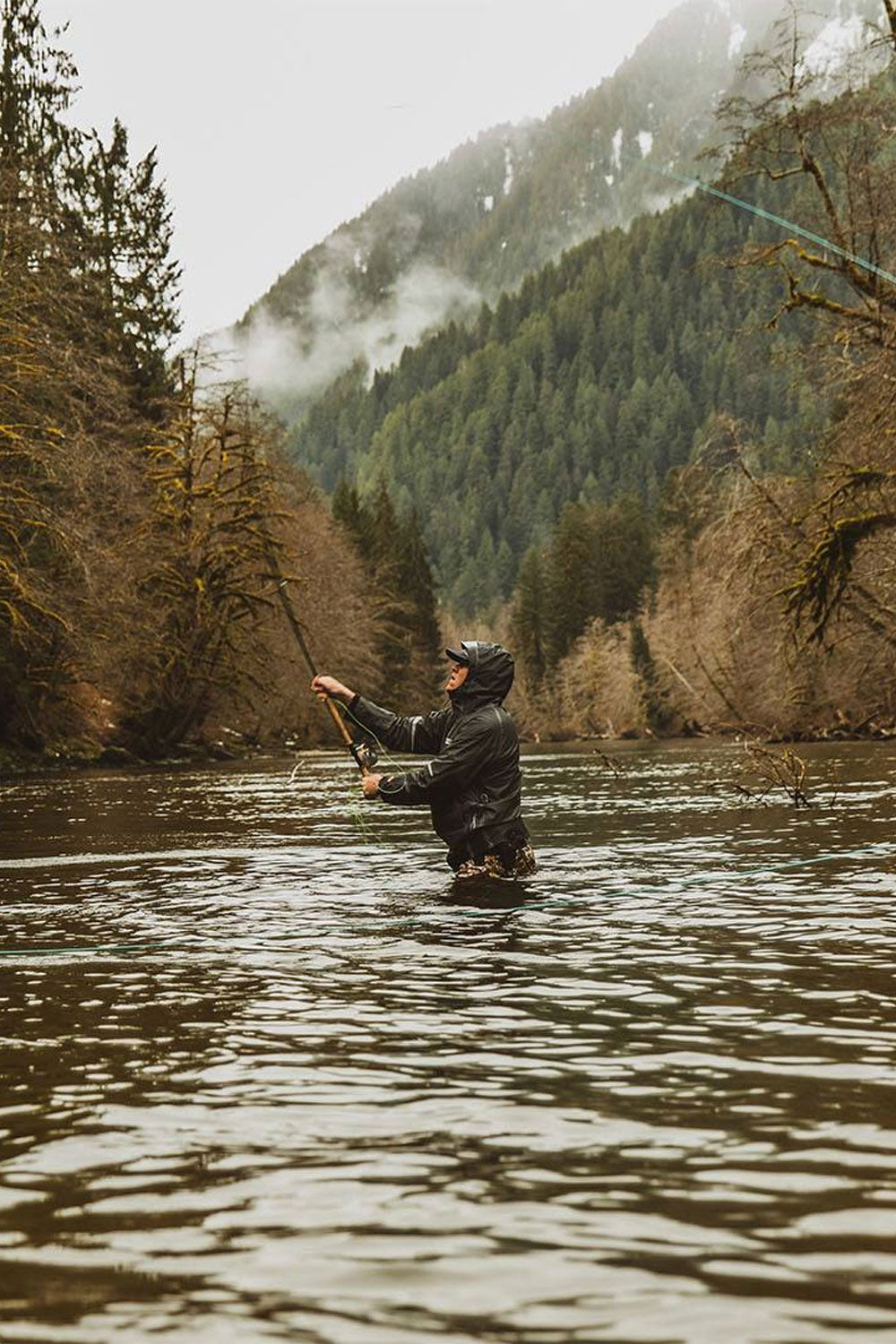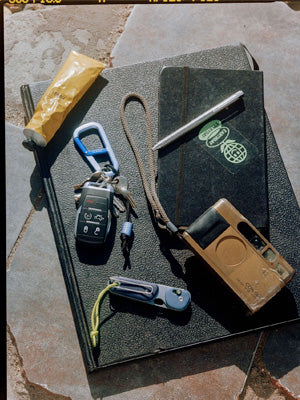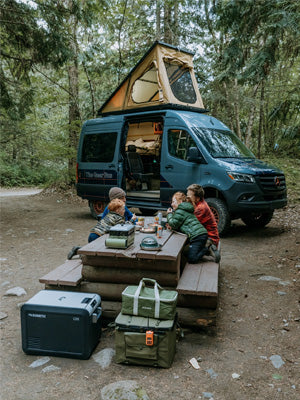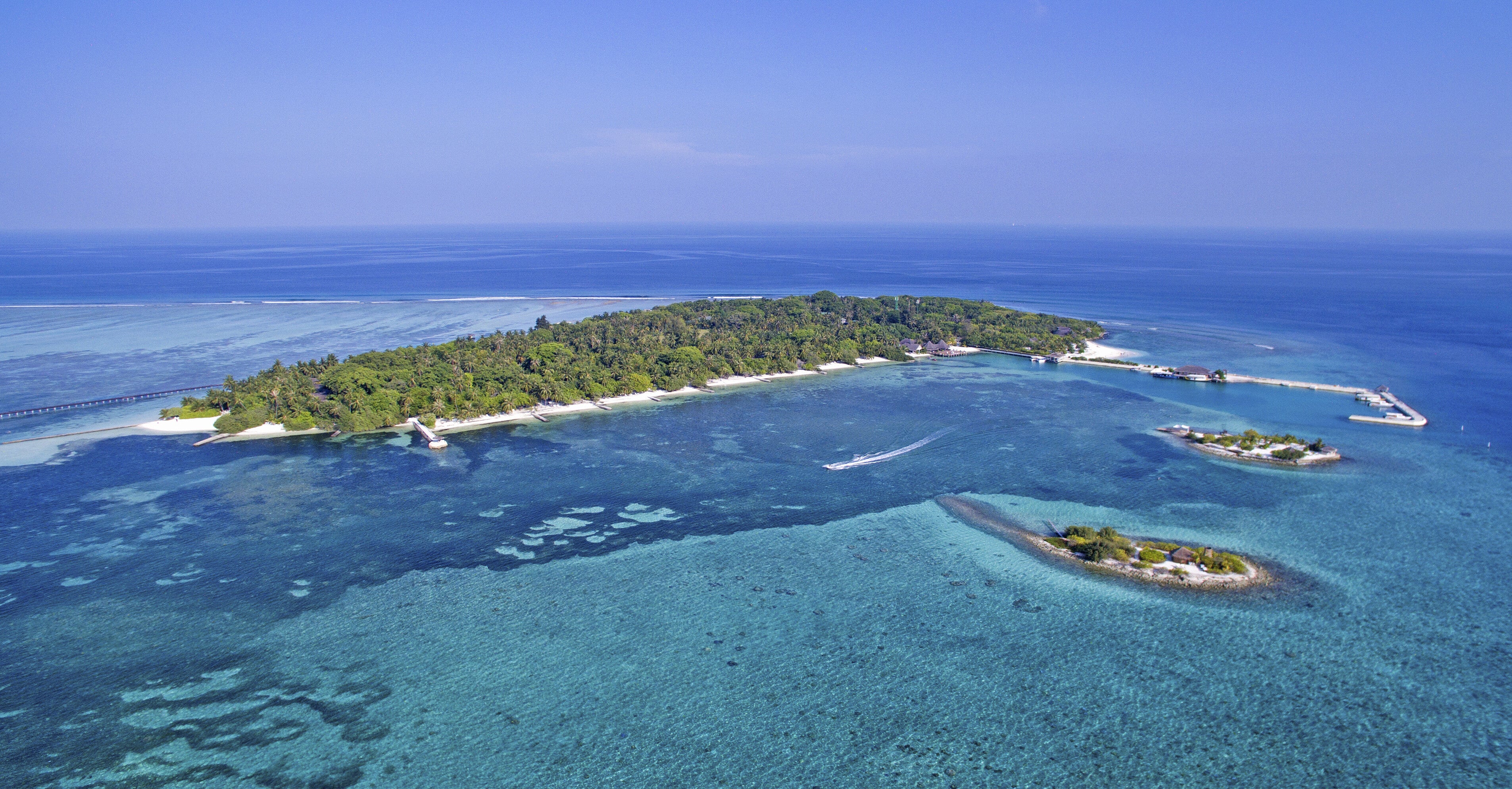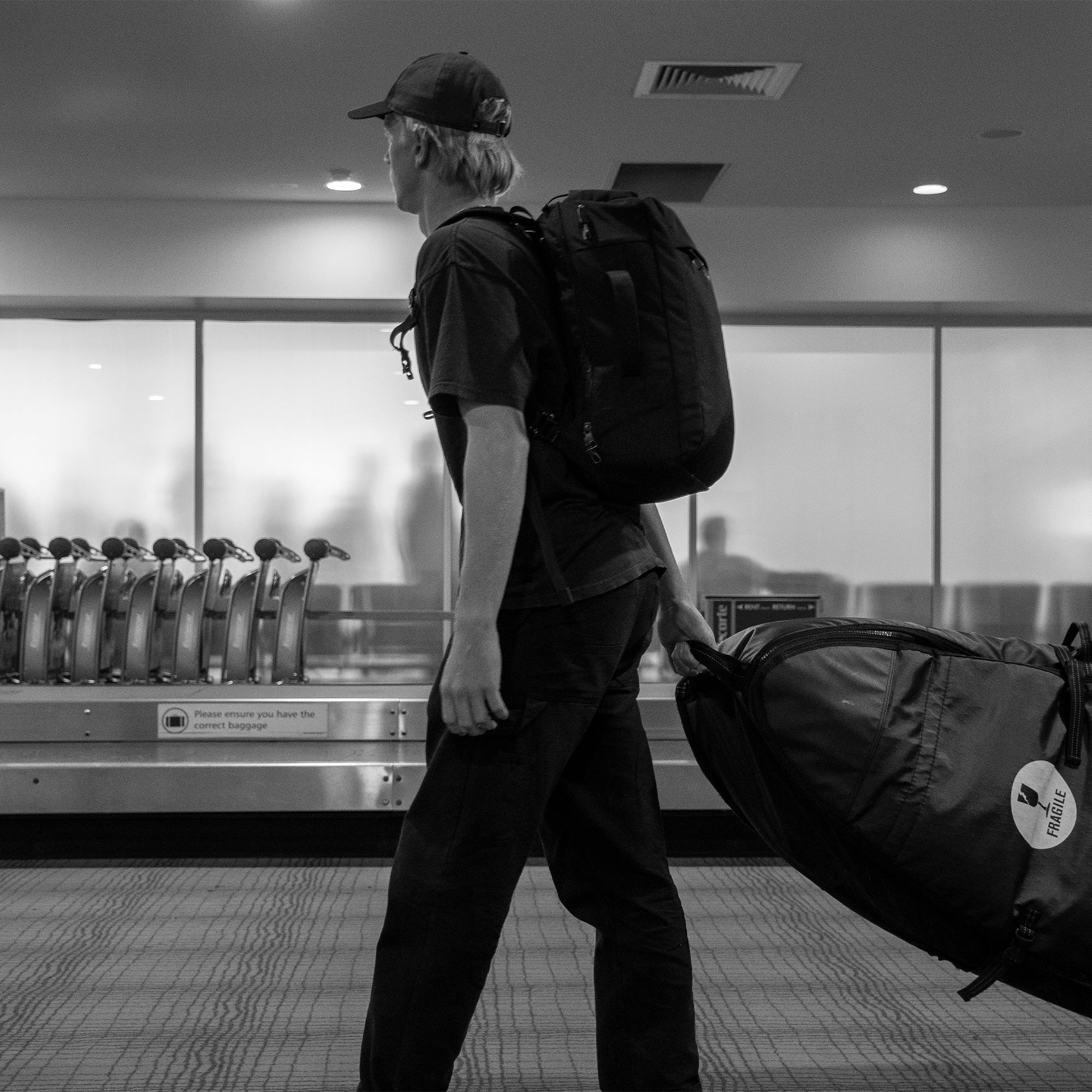Gowings-owned Logie Farm produces boutique and artisinal Australian products in Tasmania.
The farm is delivering some large scale environmental projects which we wanted to share.
Can you share examples of important sustainable practices implemented on Logie Farm and how they contribute to environmental conservation and farm productivity?
It is early days for us here on Logie Farm in all aspects of our enterprise, having only just ticked over the twelve month mark of operation after the purchase and subsequent logistics associated. We are doing a ground up redesign and rebuild of the farm after it was the classic victim of a situation in which the death of the previous owner of 50 years lead to a period of partial neglect and eventual subdivision by the parties that inherited the farm. We are now developing in a direction which incorporates many important sustainable practices including introducing some large scale environmental projects onto the property to ensure an increase in biodiversity and ecosystem function occurs in conjunction with our agricultural pursuits. Included in these projects is our contribution to the federal AGstewardship programs that will see us plant just shy of 35,000 native endemic trees, shrubs and grasses into some 60 ha of carefully chosen country. The plants are being grown for us by a local native plant specialist, Andrew Stevenson at Wildseed who came out to the property and harvested the vast majority of the seed stock for the plants from existing specimens on the farm. We are moving away from conventional synthetic fertilizers and introducing a soil improvement and conditioning program of live biology and fermentations from Macroboost Tas to support our soil for our on farm soil carbon sequestration programs as well as supporting our pastures for improved soil function and healthy feed for our flock. We are also set to direct drill out mixed perennial pastures into new or existing pastures to avoid the use of herbicides and tillage that are necessary for conventional pasture improvements. We are also changing the layout of the farm as we re-fence to support a rotational grazing system that will enable us to move stock more frequently and rest paddocks for longer to avoid degradation issues associated with prolonged exposure to stock. We will incorporate some natural sequencing earthworks to slow the flow of the little rain we get each year across the landscape to help prevent erosion and keep the water available to our properties ecosystem for as long as possible. We are also further supporting the aquatic ecosystem by developing techniques to improve our on farm dams so they function to support the local environment, as well as our stock and irrigation. We are running a breed of self shedding sheep developed in South Africa called Dorpers. These sheep are well suited to the arid areas of Australia and are becoming increasingly popular as our climatic conditions become more difficult to navigate. All of these practices and the many more that we are implementing that aren’t listed here are designed to increase the productivity of the property and its capacity to produce quality products while simultaneously supporting and improving the ecosystem of which they are a part of.
Could you tell us about the history of Logie Farm, including its origins and any significant milestones in its development as a sustainable farm?
Logie Farm has a long history in the area and is well known by all the locals. I haven’t had much of an insight beyond the last 50 years though I do know at one stage the old stone cottage played host to Hobart pony club and that for all of its post colonial existence Logie Farm has had a flock of fleece sheep on it. The previous owners ran a flock of merinos for producing fine wool. Eddie Cowle, who was born raised in the area and has worked with sheep his whole life was the stockman out here for the last 30 years and I’m lucky enough that he has been happy to share his knowledge of the area and how the stock do in it with me.
Being part of the Gowings group, how has the collaboration influenced Logie Farm's sustainable initiatives and overall mission?
The relationship with Gowings is essential to our capacity for development in a sustainable and regenerative direction. Gowings have the same ethos of modern best practice for the best possible production while staying conscious of having a positive environmental impact and basing all of our operations on a foundation of sustainable practices. I have regular contact with Byron the Chief sustainability officer and Sturt the commercial manager at Gowings so together we can work on creating a model here that strikes a balance of viable productivity and responsible stewardship over the land and animals that it is home to. We hope to create a system that has a positive influence on the landscape we're supporting and in return produce healthy stock and high growth rates of pastures, soil and revegetation programs. There is an emerging opportunity as the market for Econd (environmental condition) and Pcond (productive condition) develops and a tangible value is put on natural and environmental assets which means we are in a great position to contribute to through our custodianship of large areas of country.

Aside from managing the farm, what activities or hobbies do you pursue outside of work to stay busy and maintain a balanced lifestyle?
Farming is as much a lifestyle as it is an occupation, at the moment as we work on setting into practice all of these projects and processes all of my time is taken up by the farm. My partner Lucy, friends and family keep me sane and supported. The sheep don’t take day off, so neither do I.
For visitors interested in sustainable agriculture, what unique experiences or activities would you recommend in Tasmania to learn more about eco-friendly farming practices?
There is rich and varied community of regenerative Agriculture based enterprises in Tasmania, from market gardens, vineyards and berry farms to dairy, beef, lamb and wool. Most of these farms exist in the regional areas of the state and can be a little off the beaten track. The best thing people can do to support and experience eco-friendly farming practices is to travel into the regional areas find the cellar doors, restaurants, cafes and markets that support the farmers and taste the difference. Talk to the owners and staff and if you can find them, the farmers themselves! Let them know how much you enjoy and appreciate the results of all their hard work.
Can you describe the specific area in Tasmania where Logie Farm is located and what makes it an ideal environment for sustainable farming?
Logie is located in Coal Valley just north of the historic sandstone village of Richmond, on the way to Campania and the Southern Midlands. It is a long-established agricultural area that has lately seen a boom in vineyard activity, though it still has its fair share of sheep farmers and crop growers. It has a low annual average rainfall (under 400mm), has lots of Northeast facing hillsides and is only half an hour from the Hobart waterfront. The farm itself is made up mainly of north facing hills and small internal valleys, we still have a decent amount of native bush on the higher slopes and nice native Themeda pastures on the Knowles of the lower hills.
How has the local community responded to Logie Farm's sustainable farming practices, and have you noticed any positive impacts on the community as a result?
As has always been my experience in moving to a new regional community, I have almost exclusively been met with regional Australia’s unique brand of friendly curiosity and a subtle sense of skepticism until proven wrong and untimely acceptance though observation of the willingness to commit to the area through hard work and the bond of shared experience of local conditions, like rain or the lack of it. Most farmers, even those who still have conventional operations can see the value in incorporating some environmentally beneficial practices in framing systems and almost all are interested in the potential of the developing carbon market. I hope by creating a diverse model of sustainable and regenerative practices we can share the successful aspects of the systems with whoever is interested and hopefully have an influence greater than the boundaries of our property here.

In what ways does Logie Farm engage with the local community and encourage awareness about sustainable agriculture and environmental conservation?
The primary way we have found to engage with the local community, outside of good old fashioned friendliness and taking time to talk to the neighbors, is for me to become a member of the local producers association the CVPA (Coal valley producers association). I attend the monthly meeting and try to make it to relevant workshops and social events. This provides me with a great platform to share our experiences and talk to local producers about what we are working towards with our sustainable practices. We also work with NRM south and are members of Landcare Tasmania, both of which are great organisations for practical scientific programs aimed directly at having the same positive impact on the landscape as we are.
Could you share any memorable success stories or challenges faced during your journey in establishing and maintaining Logie Farm as a sustainable and eco-friendly operation?
In the world of regenerative agriculture you learn very early that to have a positive effect on ecosystem function you have to play at the pace of natural processes, the whole point is to move away from high energy fast results achieved by lots of synthetic inputs and intensive mechanical interventions. Our success is measured in the subtleties of our environment, increased biodiversity, less need to intervene in the natural process of pasture development to compete out weeds, prolonged water retention, less erosion and healthier stock, all of which we working hard towards and already seeing some positive results.
For individuals interested in supporting sustainable farms like Logie Farm, what steps or initiatives do you recommend they take to promote eco-conscious agriculture in their own communities?
The best thing people can do is acknowledge the nuance of agricultural enterprise, and its proponents. There is a generation of smart, responsible and dynamic farmers emerging, lead by pioneers of techniques developed through experience of natural systems and their hardships, many of whom can sense or see the intrinsic value of sustainable, regenerative practices and are already working towards developing them. As I have said the process isn’t a fast one but any and all farmers no matter how seemly small the change may be should be supported and encouraged in their pursuit of sustainability. It would be great for people who have a disconnect from the production of all of their nourishment to take the time to check up on some of their blanket judgments, often formed without engaging with the subjects. Basically talk to a farmer, find the ones that are producing with the future of the land and its inhabitants in mind, and support them by buying their produce! Try to be aware of the current climatic and industry trends in agriculture to develop some empathy with farmers and help to shift some of the reward of their hard work and enterprise away from supermarket corporations and back onto the farm so they can reinvest in the country over which they have stewardship and a deeper sense of responsibility than most people are aware.

